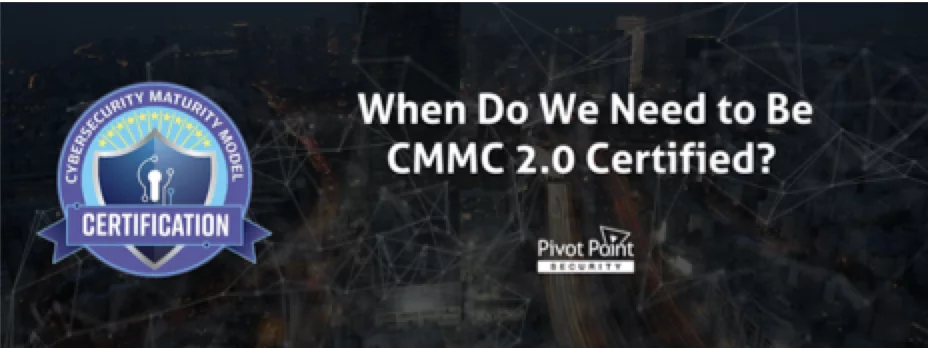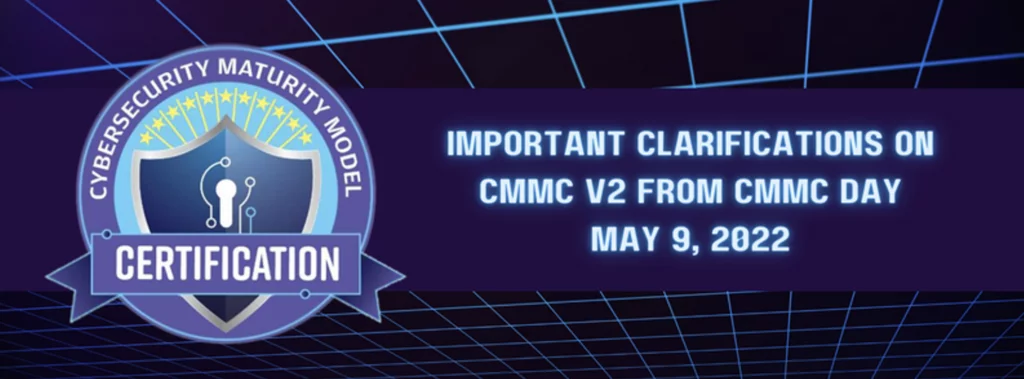Last Updated on January 12, 2024
Keep Your Company Cyber-Safe This Hurricane Season
Following Hurricane Harvey, charity fraud is at an all-time high. Businesses and individuals look to make relief donations as cybercriminals seek to capitalize on the latest natural disasters to steal not only money, but also personal, business and financial credentials and even identities.
Charity fraud scammers use every form of communication to solicit well-meaning donors, including phone calls, email, social media and in-person contact—even text messages. A favorite ploy is to create a bogus website that mimics a legitimate charity site, including giving the fictitious charity a name that looks or sounds similar to a legitimate charity. Their goal is to persuade us to send money and/or provide data that they can use for identity theft or to commandeer bank or credit card accounts.
Hackers also love to use any newsworthy event to goad the unwary into clicking on fraudulent links in emails or opening malicious email attachments, so they can drop off a malware or ransomware payload.
5 Tips for Avoiding Charity Fraud
Before you open your wallet, check out these five tips on “staying safe this hurricane season”—at least in terms of your charitable giving:
- Donate only to recognized charities or those you know. If in doubt, before you give check charity profile sites like GuideStar, Charity Navigator or CharityWatch.
- Don’t assume every charity message posted on Facebook or other social media is legitimate! Many are not, even if well-meaning people you know are forwarding their false messages.
- Never give personal, business, financial data or login credentials to anyone who solicits a contribution—even if they say they’re from a charity you know. Keep this in mind especially if you find yourself solicited by phone.
- To give securely and ensure you have documentation of your donation for tax purposes, avoid giving cash outright or sending cash in the mail. Instead, make your contribution by check, credit card or PayPal.
- If you think you’ve been scammed, report it to the US Federal Trade Commission (FTC). Each complaint provides a data point that helps reveal patterns of fraud and can support investigation and prosecution of the fraudsters.
Our thoughts, prayers and donations go out to the victims of the recent hurricanes. We wish everyone a safe recovery, in their communities and online.
To get help with protecting your business from phishing, spear-phishing, ransomware and other cybercrime, contact Pivot Point Security.





















